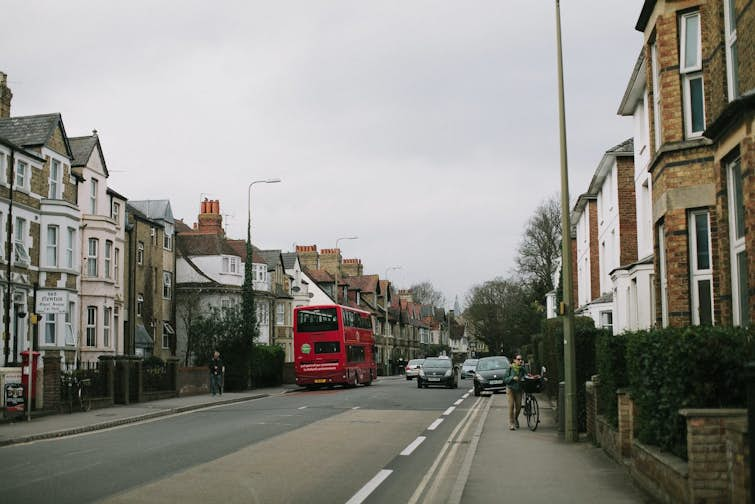Rachel Lee - 10 min read
Editor's Pick

Tax and Estate Planning
What is the inheritance tax property allowance?
Mark Benson

Car Insurance
Over 80s car insurance: Your questions answered
Pension Times Editors

Online Savings Accounts
Are Post Office online savings accounts any good?
Rachel Lee

Saving for Grandchildren
What are the best savings accounts for grandchildren?
Chris Morris

Savings Accounts
What is the best savings account for over 50s?
Rachel Lee
You Should Know
Mark Benson - 7 min read
Pension Times Editors - 3 min read
Recommended Reading
Advertisement
Pensions & Retirement
Krista Lomu - 7 min read
Stela Gineva - 10 min read
See More from Pensions & Retirement
3
Krista Lomu - 8 min read
Investments
Rachel Lee - 11 min read
Rachel Lee - 9 min read
Savings
See More from Savings
1
Rachel Lee - 15 min read
Managing Your Finances
Mark Benson - 7 min read
Insurance
Property
Advertisement






























